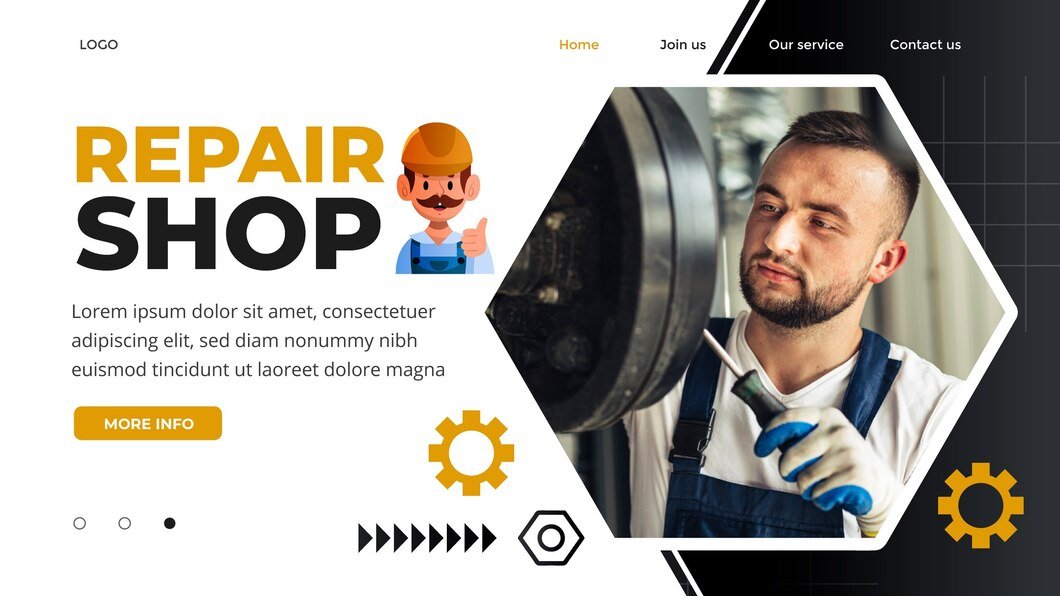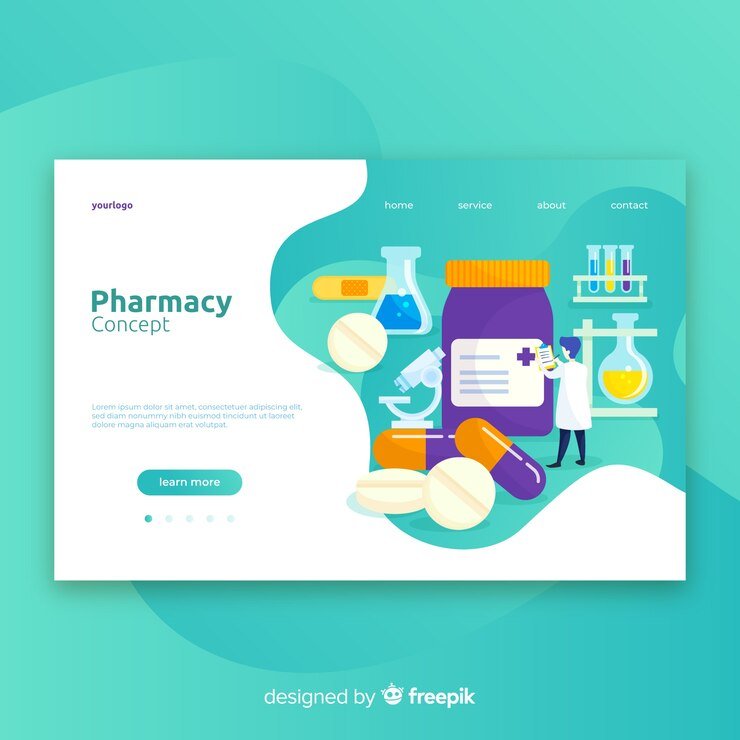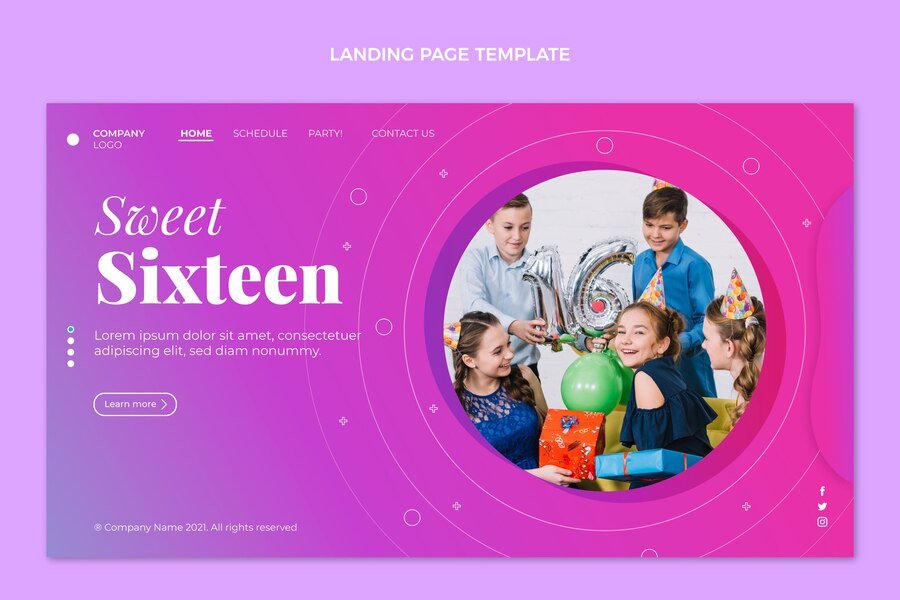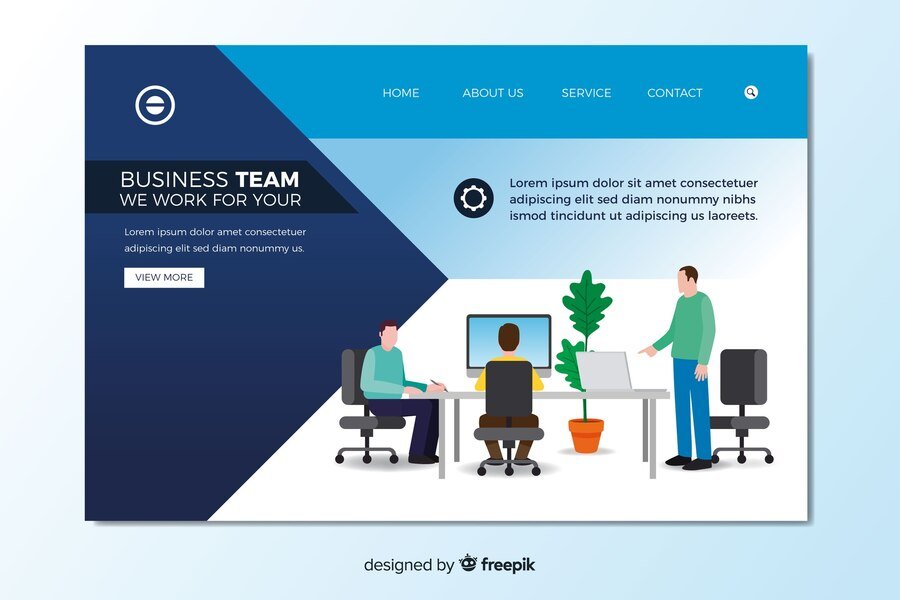Introduction to Pet Websites
In today’s digital age, a well-designed pet website is crucial for connecting pet owners, enthusiasts, and professionals. It serves as a comprehensive platform for sharing valuable information, offering products and services, and building a community around pet care and welfare. To ensure your pet website stands out and attracts a loyal audience, it must include several key features. Here, we outline the top 10 essential features for a successful pet website.
1. User-Friendly Design
Importance of User Experience (UX)
A seamless user experience is the cornerstone of any successful website. For pet websites, this means creating an intuitive, visually appealing interface that makes it easy for users to find what they are looking for. A clutter-free design with clear navigation ensures visitors can effortlessly browse through content, products, and services.
Mobile Responsiveness
With a significant number of users accessing websites via mobile devices, it’s imperative that your pet website is fully responsive. This means it should automatically adjust its layout and functionality to provide an optimal viewing experience on smartphones and tablets, in addition to desktops.
Easy Navigation
A clear and simple navigation structure helps users find information quickly. Use well-organized menus, categories, and subcategories to guide visitors through your site. Implementing a search bar can also enhance the user experience by allowing users to locate specific content or products effortlessly.
Accessible Design
Ensuring your website is accessible to all users, including those with disabilities, is not only a best practice but also a legal requirement in many jurisdictions. Use accessible design principles, such as providing alt text for images, ensuring sufficient color contrast, and enabling keyboard navigation.
2. Comprehensive Content
Types of Content to Include
Diverse and high-quality content is essential for engaging your audience and improving your website’s SEO. Include articles, blog posts, videos, infographics, and user-generated content to cater to different preferences and learning styles.
Importance of Quality Content
Content is king when it comes to attracting and retaining visitors. High-quality, informative, and engaging content helps establish your website as a trusted resource in the pet community. Regularly updating your content ensures it remains relevant and valuable.
Content Categories
Organize your content into categories such as pet care tips, health and wellness, training guides, and product reviews. This makes it easier for users to find the information they need and helps improve your site’s SEO by targeting specific keywords.
Regular Updates and Blogs
Maintaining a blog with regular updates on pet-related topics keeps your audience engaged and encourages repeat visits. Blogging also provides an opportunity to showcase your expertise, share news and trends, and drive organic traffic through SEO-optimized content.
3. E-commerce Integration
Setting Up an Online Store
If your pet website sells products, a well-integrated e-commerce platform is essential. Choose a reliable e-commerce solution that offers features like product listings, shopping cart functionality, and order management.
Payment Gateway Integration
Secure and convenient payment options are crucial for any online store. Integrate trusted payment gateways such as PayPal, Stripe, or Square to provide a smooth and secure checkout experience for your customers.
Secure Transactions
Security is paramount when handling online transactions. Ensure your website uses SSL certificates to encrypt data and protect your customers’ personal and payment information. Display trust badges to reassure users of your site’s security.
Inventory Management
Efficient inventory management helps you keep track of stock levels, manage orders, and prevent overselling. Use inventory management tools to streamline these processes and provide real-time updates to your customers.
4. Community and Engagement FeaturesForums and Discussion Boards
Creating a space for users to interact, share experiences, and ask questions fosters a sense of community on your website. Implement forums or discussion boards where pet owners can connect and exchange advice.
Social Media Integration
Leverage the power of social media by integrating social sharing buttons and embedding your social media feeds on your website. This allows users to easily share your content and follow your social media accounts, expanding your reach and engagement.
User Reviews and Testimonials
Encourage users to leave reviews and testimonials for products, services, and content. Positive feedback builds trust and credibility, while constructive criticism provides valuable insights for improvement.
Event Calendars
Include an event calendar to keep your community informed about upcoming events such as pet adoption drives, training workshops, and veterinary clinics. This feature helps drive engagement and participation, making your website a hub for local pet-related activities.
5. Health and Wellness Resources
Articles on Pet Health
Provide comprehensive articles on various pet health topics, from common illnesses to preventive care. Cover a wide range of species and breeds to cater to a diverse audience. Ensure the information is accurate and written by experts.
Directory of Veterinarians
A directory of local veterinarians allows users to find and contact veterinary professionals easily. Include contact details, specialties, and user reviews to help pet owners make informed decisions about their pet’s healthcare.
Wellness Tips and Advice
Offer practical tips and advice on maintaining pets’ health and wellness. Topics can include diet and nutrition, exercise routines, grooming practices, and mental stimulation. This content not only educates but also engages your audience.
Emergency Resources
Provide information on emergency resources such as 24-hour veterinary clinics, poison control hotlines, and first aid for pets. This essential feature can be a lifesaver in critical situations and positions your site as a reliable resource.
6. Adoption and Rescue Information
Adoption Listings
Feature a section for adoption listings from local shelters and rescue organizations. This not only helps animals find forever homes but also drives traffic to your site. Include photos, descriptions, and contact information for potential adopters.
Information on Local Shelters
Highlight local shelters and rescue groups, providing information about their missions, services, and how users can support them. This fosters a sense of community and encourages visitors to get involved.
Success Stories
Share heartwarming success stories of pets finding new homes. These stories inspire and motivate your audience to consider adoption and highlight the positive impact of your website’s efforts.
Volunteer Opportunities
List volunteer opportunities at local shelters and rescue organizations. Encourage your audience to get involved and make a difference in the lives of pets in need.
7. Training and Behavior Resources
Training Guides and Videos
Offer comprehensive training guides and videos to help pet owners teach their pets basic commands, tricks, and good behavior. Visual content is particularly effective in demonstrating techniques and ensuring successful training outcomes.
Behavior Tips
Provide expert advice on addressing common behavioral issues in pets. Cover topics such as housebreaking, separation anxiety, and socialization. Practical solutions and step-by-step guides are highly valuable to pet owners.
Directory of Trainers
Include a directory of professional pet trainers, complete with contact information, specialties, and user reviews. This helps pet owners find qualified trainers who can assist with specific behavioral challenges.
8. Engaging Multimedia
High-Quality Images
Use high-quality images throughout your website to capture attention and enhance the user experience. Professional photos of pets, products, and events can make your site more visually appealing and engaging.
Videos and Tutorials
Incorporate videos and tutorials on various pet care topics, from grooming techniques to DIY pet projects. Videos are an effective way to convey information and keep visitors engaged.
Interactive Features
Implement interactive features such as quizzes, polls, and calculators to engage your audience and provide personalized experiences. For example, a pet breed selector quiz can help users find the perfect pet based on their lifestyle and preferences.
Virtual Tours
Offer virtual tours of animal shelters, pet-friendly parks, or veterinary clinics. This feature allows users to explore facilities from the comfort of their homes, enhancing their connection to your website.
9. SEO and Analytics Tools
SEO Best Practices
Optimize your website for search engines by following SEO best practices. Use relevant keywords, meta descriptions, and alt text for images. Ensure your content is well-structured with appropriate headings (H1, H2, H3, and H4 tags) and internal links.
Analytics and Tracking
Implement analytics tools such as Google Analytics to track website traffic, user behavior, and conversion rates. Regularly analyze this data to understand your audience and optimize your content and features accordingly.
Keyword Research
Conduct keyword research to identify the most relevant and high-performing keywords in the pet niche. Use these keywords strategically throughout your content to improve search engine rankings and attract organic traffic.
Backlink Building
Build high-quality backlinks to your website from reputable sources. Collaborate with pet bloggers, industry experts, and organizations to create valuable content that links back to your site. This enhances your site’s authority and search engine visibility.
10. Customer Support and FAQs
Live Chat Support
Offer live chat support to assist visitors in real-time. This feature can help answer questions, resolve issues, and guide users through their online shopping experience, enhancing customer satisfaction.
The features listed are essential because they enhance user experience, increase engagement, and ensure the website meets the needs of pet owners, enthusiasts, and service providers. They help create a reliable, informative, and user-friendly platform.
Implementation can vary depending on your website’s platform and your technical skills. Generally, you can use plugins, hire a web developer, or follow online tutorials to add these features. Ensure you prioritize features that align with your website’s goals and audience needs.
If your website already includes some of these features, focus on optimizing and enhancing them for better performance. Additionally, consider integrating the remaining features to create a more comprehensive and engaging user experience.
The cost can vary depending on the complexity of the feature and whether you do it yourself or hire a professional. Some features can be implemented using free or affordable plugins, while others might require a bigger investment. Prioritize based on your budget and the potential return on investment.
Features like a blog, mobile responsiveness, and social media integration can significantly improve your website’s SEO. A well-optimized site attracts more traffic, engages visitors longer, and encourages repeat visits, which all contribute to higher search engine rankings and increased traffic.








